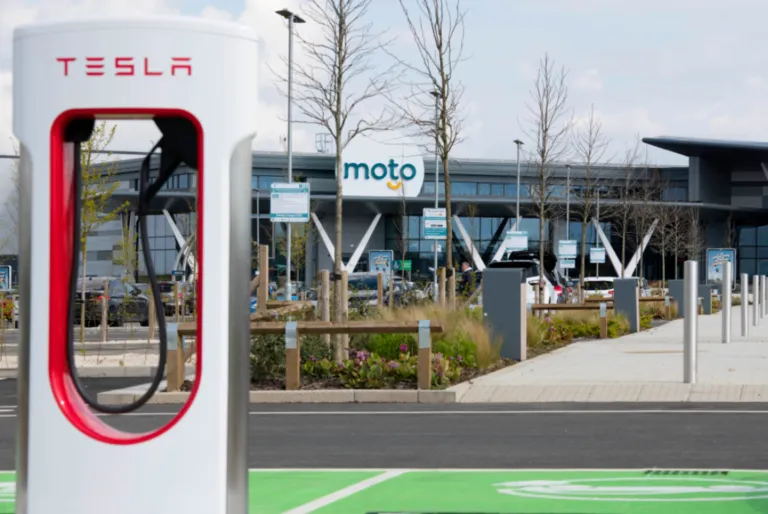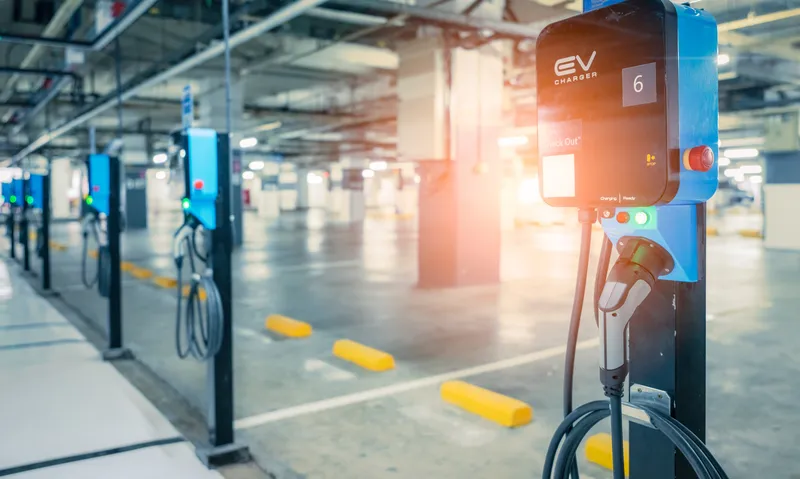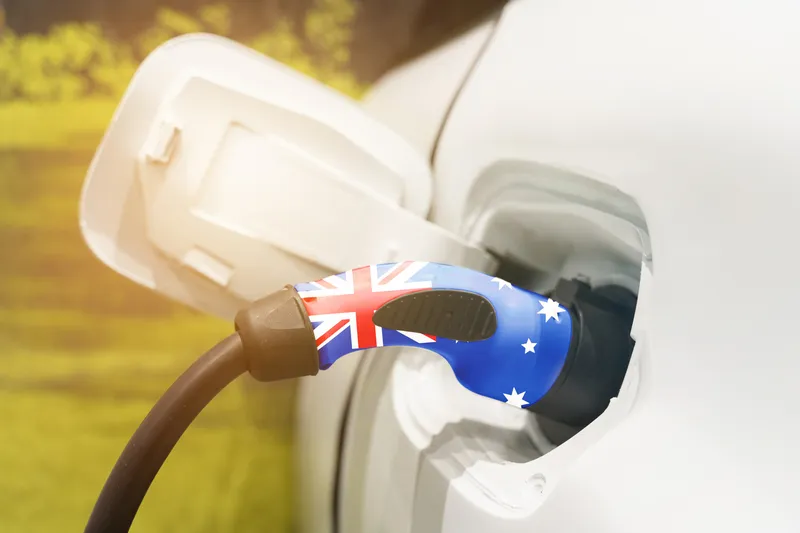
UK EV charging industry representative body ChargeUK issued a statement from members that says: "Members of ChargeUK have committed over £6 billion to roll out EV infrastructure in all parts of the UK at an unprecedented rate, turning on a new public charging point every 20 minutes, creating good, sustainable jobs, supporting the switch to EVs and thereby reducing emissions and improving air quality for all.
"This has been made possible by a clear commitment from the UK government to decarbonise our economy, with the 2030 phase out date for new petrol and diesel vehicles 2030 acting as an essential catalyst. In his first speech as Prime Minister, Rishi Sunak said 'I will place economic stability and confidence at the heart of this government’s agenda'. Today’s extremely worrying news is not consistent with economic stability or confidence. It will compromise the entire industry, and place jobs and consumer and investor confidence at risk.
"More importantly, government will penalise individual drivers who are doing the right thing. More and more people are making the transition to electric vehicles, as they have been encouraged to do. They are entitled to expect government to keep its promises and continue to support the roll out of charging infrastructure across the UK.
"ChargeUK calls on the Prime Minister to confirm that the UK government remains committed to the 2030 phase out date for new petrol and diesel vehicles and to a strong ZEV mandate."
Moto
Moto, the UK’s largest motorway services operator has stated that the policy U-turn announced by Prime Minister Rishi Sunak on Wednesday September 20th is inconsequential to its goals on the rollout of ultra-rapid EV chargers.
Moto says it remains 100% committed to supporting decarbonisation of the UK’s roads and its plans to significantly invest in and expand its ultra-rapid EV charging infrastructure will continue at pace.
Moto chief executive Ken McMeikan states that its very much business as usual with a renewed plea for more action from Government around access to power. McMeikan said: “Today’s announcement will be disappointing for many, and while a committed, clear and consistent approach would be better for business this announcement has not changed any plans for us operationally or ideologically. Whatever policy is in place at number 10 we will be continuing our mission to reduce range anxiety by revolutionising the EV charging experience for EV drivers on the UK’s motorway network with capacity, reliability, simplicity and speed.
"We still believe that around one in three cars will be electric by 2030 as both the public, car manufacturers and infrastructure providers like us continue to invest in the UK’s future.
"However, it is absolutely vital that, whatever the EV deadline is, the government does not use a longer timeline as a reason to deprioritise providing the UK with the power upgrades it desperately needs. While the mention of better prioritisation on grid connection is encouraging, we need clarity and action right now. Without the right access to power to get ultra rapid EV chargers up and running in the volumes needed across the UK, motorists will be hesitant about making the switch to EV."









